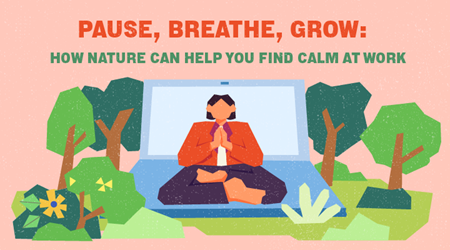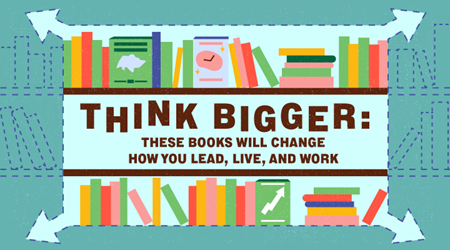Transform Your Free Time: 6 Productive Hobbies To Try
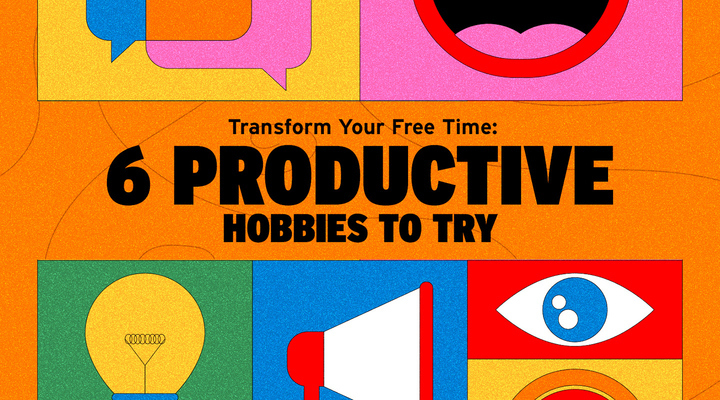
Time is a precious commodity. While there are benefits to doing nothing when we relax, some of us feel better being productive. For some, finding a hobby that is enjoyable, satisfactory, and beneficial is a game-changer. Imagine a pastime that not only fills your leisure hours with joy but also equips you with a new skill or a healthier lifestyle.
These activities not only provide a refreshing break from the daily grind but also offer tangible benefits.
Perhaps something in this list could become your next passion, and you might find it truly rewarding!
1. Video Editing
Storytelling has evolved. Video editing and vlogging are dynamic hobbies that enable you to capture and share your perspective with the world. Thanks to artificial intelligence (AI) tools, it is now easier to edit videos with precision and creativity. These tools automate many aspects of the editing process, making it accessible even for beginners.
You can develop technical skills, boost your creativity through audio and visual experimentation, and connect with a global audience. From documenting daily life to creating professional content, video editing and vlogging can turn ordinary moments into compelling stories. Who knows, you might even have a side career as a content creator.
How to get started: Try using the Capcut App on your phone or desktop to edit your videos. If you want more features, consider using DaVinci Resolve on your PC and Mac. They’re all free!
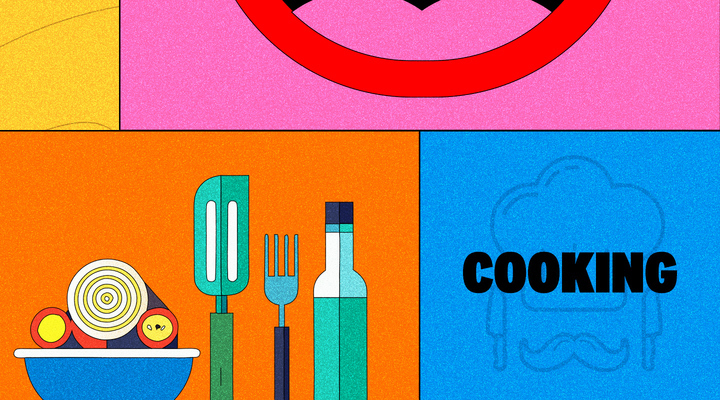
2. Cooking
The possibilities are endless with cooking. You could start a home bakery, whip up meals for friends, or share your culinary adventures online. Cooking is an art, a science, and a form of therapy. You can explore different cultures through their cuisines, develop a healthier lifestyle with home-cooked meals, and impress your friends and family.
Home-cooked meals are often cheaper and healthier than dining out or ordering takeaway. By planning your meals and buying ingredients in bulk, you can also save a considerable amount of money each month. Everyone needs to eat, so this hobby is practical and essential.
How to get started: There are countless recipes online that you can start with, and investing in a good pot and pan will go a long way.
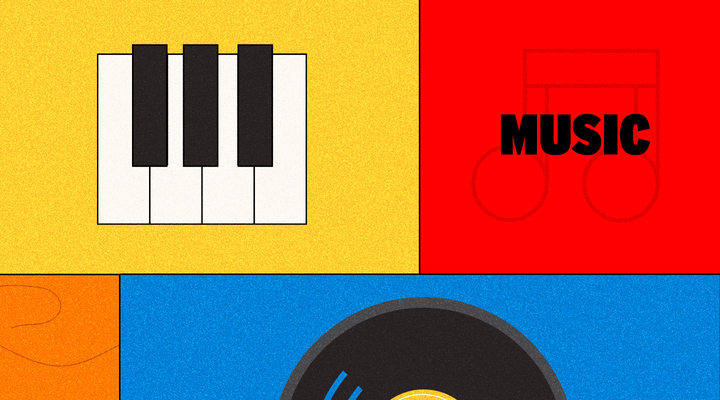
3. Music
Playing an instrument is a hobby that brings joy to both the player and the listener. Music is a universal language, and learning to play an instrument opens new avenues for self-expression and creativity. Beyond the simple pleasure of making music, playing an instrument exercises the brain, significantly enhancing cognitive function. This is especially important as we age, helping to improve memory, sharpen problem-solving skills, and maintain mental agility.
In fact, a recent study by the University of Exeter found that it is possible to proactively reduce the risk of cognitive decline or dementia by engaging with music.
How to get started: Select an instrument that interests you and take the first step by either enrolling in formal music lessons or exploring tutorials online, such as on YouTube. If you're uncertain about your commitment, you might want to start by renting or buying a used instrument to ease into the experience.
4. Become a Fix-It
For most people, fixing something might just mean smacking the side of a TV when it’s not functioning properly. But with the rise of self-help videos, repairing household items has become a practical hobby that promotes sustainability and self-reliance. It saves money on replacements and repair services, while also reducing waste.
Fixing things enhances your problem-solving skills and technical know-how, and building something from scratch can be equally satisfying.
How to get started: For starters, a basic all-rounder toolset will help you get off the ground and running.
5. Coding/Programming
In an increasingly digital world, coding has become a skill that unlocks countless opportunities. By learning to code, you can create your own websites, apps, or software.
Start with small steps. For instance, you can automate everyday tasks, such as sending emails or scheduling repetitive actions on your computer.
Getting started is not difficult either; you can learn Python for free on platforms like CodeDex.
Coding boosts problem-solving and logical thinking skills, providing mental stimulation that keeps your brain sharp. It is a creative and empowering hobby that allows you to bring your ideas to life, whether you’re developing a personal project or solving a frustrating problem.
How to get started: A programming language like Javascript or Python is a good starting point. You can get tutorials easily on YouTube and Skillshare, or you can even sign up for a SkillsFuture course!
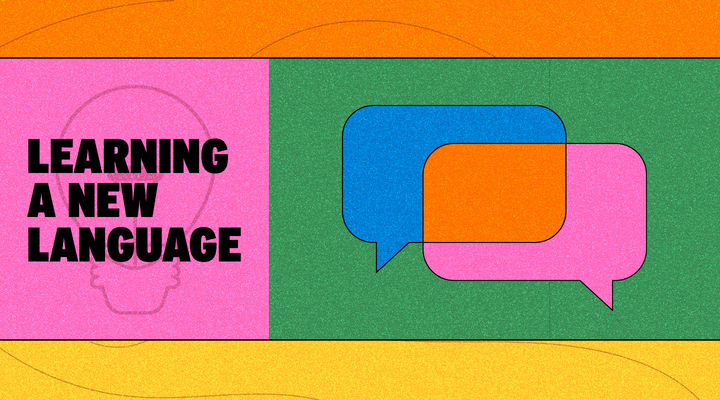
6. Learning a New Language
Although English is fairly universal, it is fun and useful to know another language.
Learning a new language is like unlocking a new way to see the world. It enhances cognitive abilities, improves multitasking, and opens up a wealth of cultural experiences and fresh perspectives.
In a globalised job market, being multilingual can significantly boost career opportunities. While the journey of learning a new language is challenging, it is incredibly rewarding.
These days, you can learn from the comfort of your home or on the go with apps like Duolingo. With the capabilities of AI, you can even practice your skills by conversing with a bot. Alternatively, use your SkillsFuture credits to register for a language course on the SkillsFuture website!
How to get started: If you choose to use an app, try Duolingo or Rosetta Stone.
Both Practical and Enjoyable
If you become good enough at your practical hobbies, they can turn into a lucrative source of secondary income or even a future career opportunity. Even if you’re not aiming to sell your craft, the benefits are still appealing. At best, you’ll develop new skills and keep your mind active; at worst, you’ll have learned a cool party trick!
- POSTED ON
Sep 5, 2024
- TEXT BY
Marc Ashley Alexander
- PHOTOS BY
Nicholas Koh






